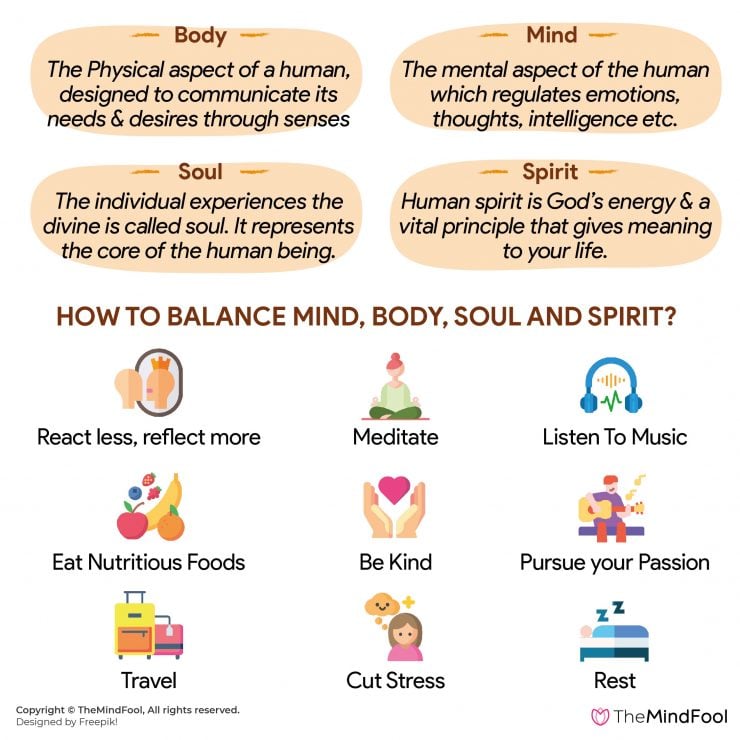In today’s fast-paced world, managing blood sugar levels can be a challenge for many individuals. Whether you have been diagnosed with diabetes or are at risk for developing the condition, it’s essential to take a holistic approach to your health and well-being. Holistic healing focuses on treating the whole person – mind, body, and spirit – to achieve optimal health and wellness.
Understanding Blood Sugar Levels
Before delving into holistic healing methods for managing blood sugar levels, it’s crucial to understand what blood sugar is and why it’s important to keep it in check. Blood sugar, also known as glucose, is the main source of energy for your body’s cells. When you eat carbohydrates, your body breaks them down into glucose, which is then transported through the bloodstream to your cells.
However, if your blood sugar levels are consistently high, it can lead to serious health issues, including diabetes, heart disease, and nerve damage. On the other hand, low blood sugar levels can cause symptoms such as fatigue, dizziness, and confusion. Maintaining stable blood sugar levels is vital for overall health and well-being.
The Mind-Body Connection
The mind-body connection plays a significant role in managing blood sugar levels. Stress, anxiety, and depression can all impact your body’s ability to regulate blood sugar effectively. When you’re stressed, your body releases hormones like cortisol and adrenaline, which can cause your blood sugar levels to spike.
Practicing mindfulness techniques, such as meditation, deep breathing exercises, and yoga, can help reduce stress and promote relaxation. By calming the mind, you can also help stabilize your blood sugar levels. Additionally, regular physical activity, such as walking, swimming, or dancing, can improve insulin sensitivity and help regulate blood sugar levels.
Healthy Eating Habits
Diet plays a crucial role in managing blood sugar levels. Eating a balanced diet rich in whole foods, such as fruits, vegetables, whole grains, and lean proteins, can help stabilize blood sugar levels and prevent spikes and crashes. Avoiding processed foods high in sugar, salt, and unhealthy fats is essential for maintaining optimal blood sugar control.
Some foods are particularly beneficial for managing blood sugar levels. These include:
- Leafy greens, such as spinach, kale, and Swiss chard
- Whole grains, like quinoa, brown rice, and oats
- Lean proteins, such as chicken, fish, and tofu
- Healthy fats, like avocado, nuts, and olive oil
- Fruits with a low glycemic index, such as berries, apples, and oranges
Supplements and Herbs
In addition to a healthy diet, certain supplements and herbs can help support blood sugar control. Chromium, magnesium, and alpha-lipoic acid are all nutrients that have been shown to improve insulin sensitivity and regulate blood sugar levels. Cinnamon, fenugreek, and bitter melon are herbs that can also help lower blood sugar levels naturally.
Before taking any supplements or herbs, it’s essential to consult with a healthcare provider to ensure they are safe and appropriate for your individual health needs. Some supplements may interact with medications or have side effects, so it’s crucial to seek professional guidance before adding them to your regimen.
Alternative Therapies
Alternative therapies, such as acupuncture, massage therapy, and chiropractic care, can also play a role in managing blood sugar levels holistically. Acupuncture, in particular, has been shown to improve insulin sensitivity and reduce blood sugar levels in individuals with diabetes.
Massage therapy can help reduce stress and promote relaxation, which can, in turn, help stabilize blood sugar levels. Chiropractic care focuses on aligning the spine and nervous system, which can improve overall health and well-being, including blood sugar control.
Emotional Well-Being
Emotional well-being is an essential component of holistic healing for managing blood sugar levels. Negative emotions, such as anger, fear, and resentment, can impact your body’s ability to regulate blood sugar effectively. Finding healthy ways to cope with and manage your emotions can help improve blood sugar control.
Practicing gratitude, journaling, and talking to a therapist or counselor are all ways to enhance emotional well-being and support overall health and wellness. Surrounding yourself with positive influences and engaging in activities that bring you joy can also help improve your emotional state and, in turn, your blood sugar levels.
Conclusion
Managing blood sugar levels through a holistic approach that addresses the mind, body, and spirit is essential for optimal health and well-being. By incorporating mindfulness techniques, healthy eating habits, supplements and herbs, alternative therapies, and emotional well-being practices into your daily routine, you can support your body’s ability to regulate blood sugar effectively.
Remember to consult with a healthcare provider before making any significant changes to your diet, lifestyle, or supplement regimen. They can help create a personalized plan that meets your individual health needs and goals. By taking a comprehensive approach to managing blood sugar levels, you can improve your overall health and quality of life.
